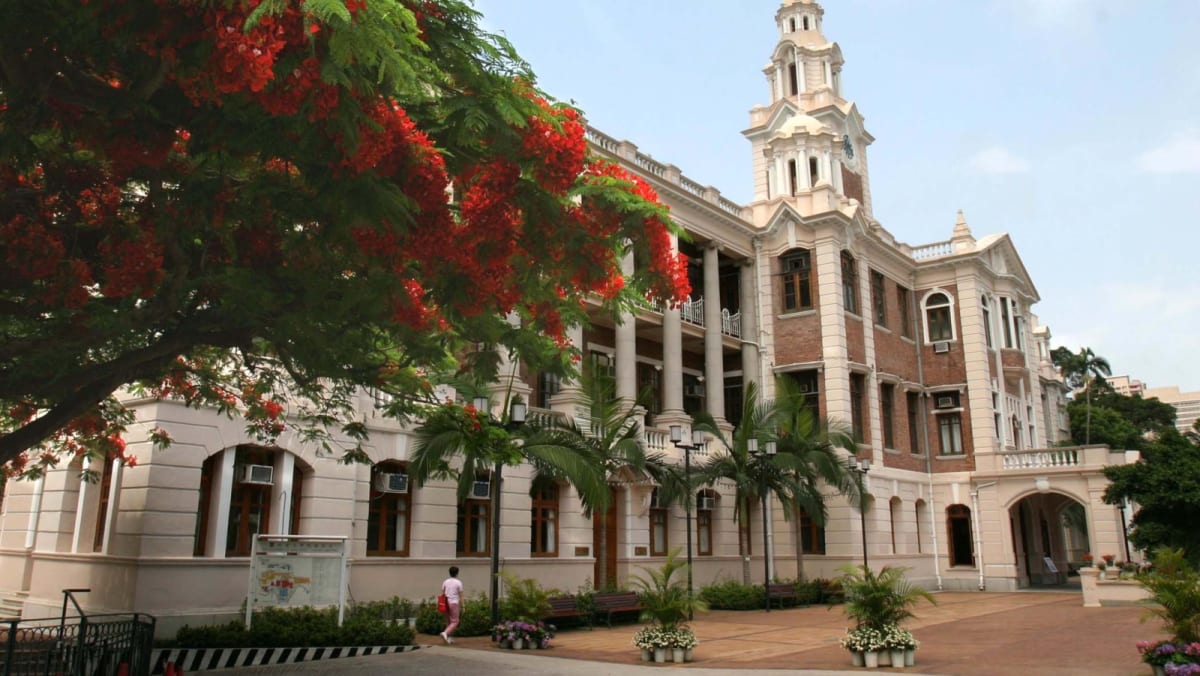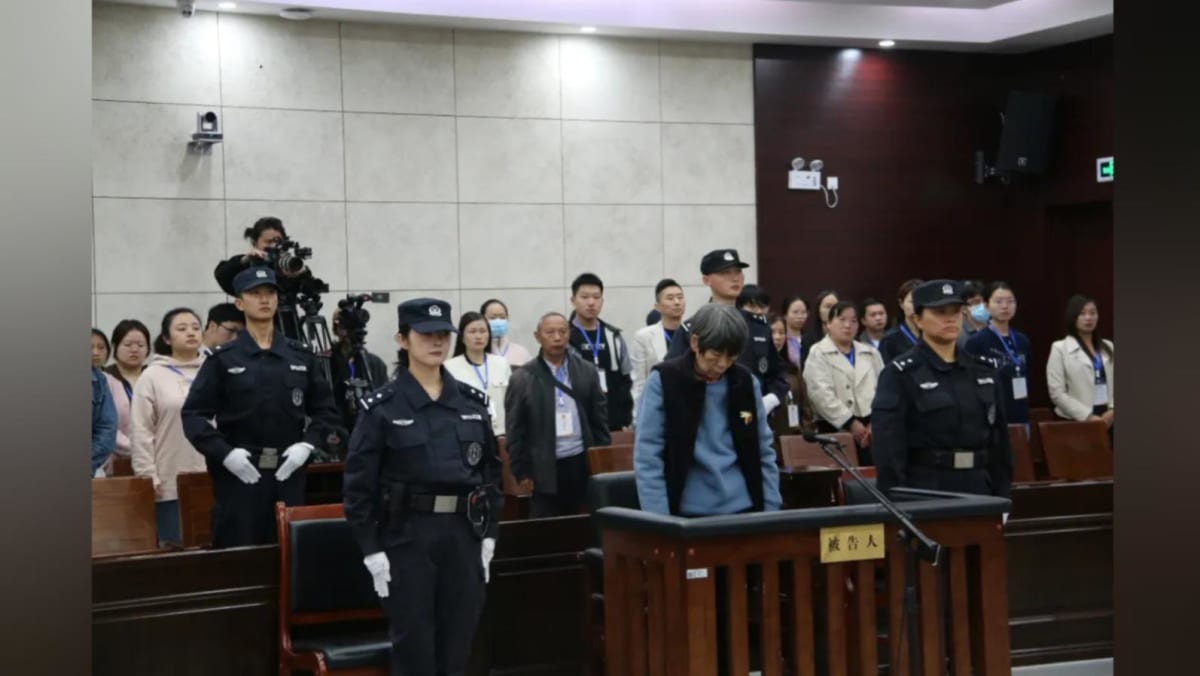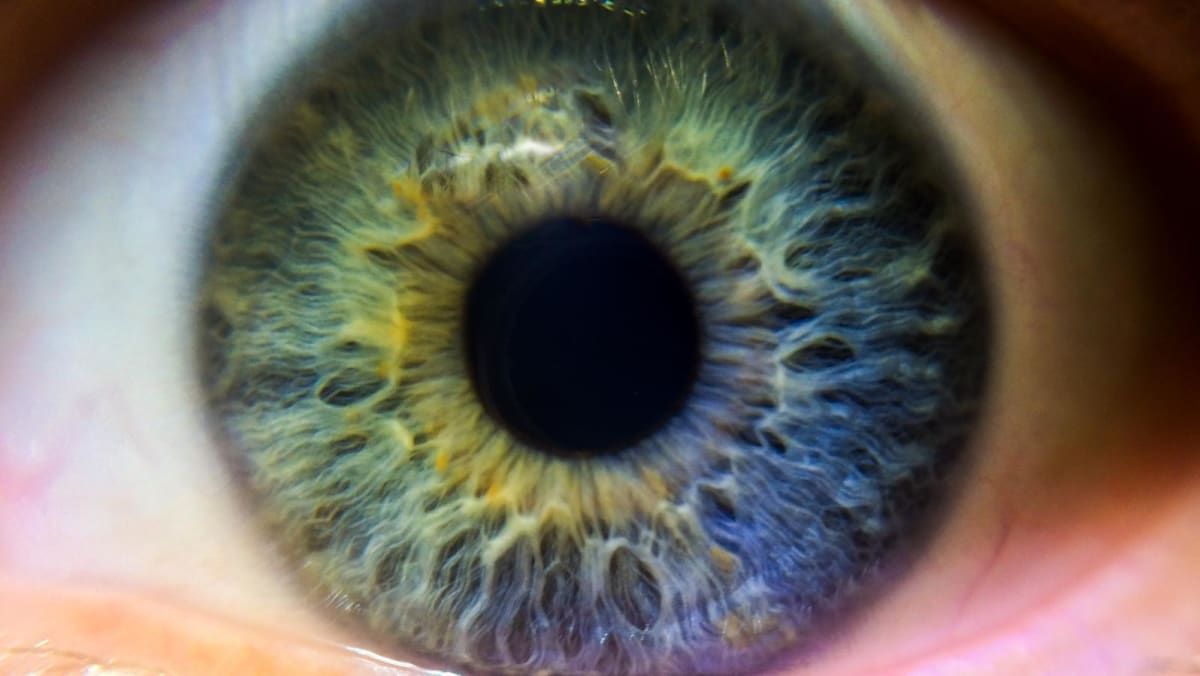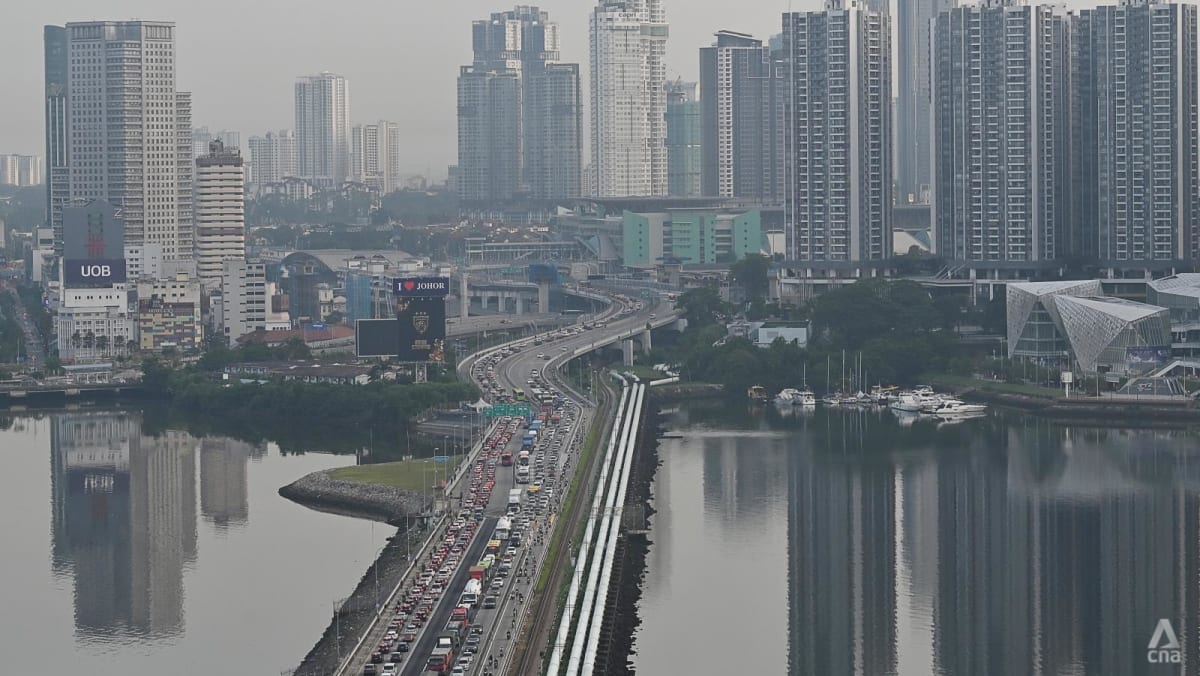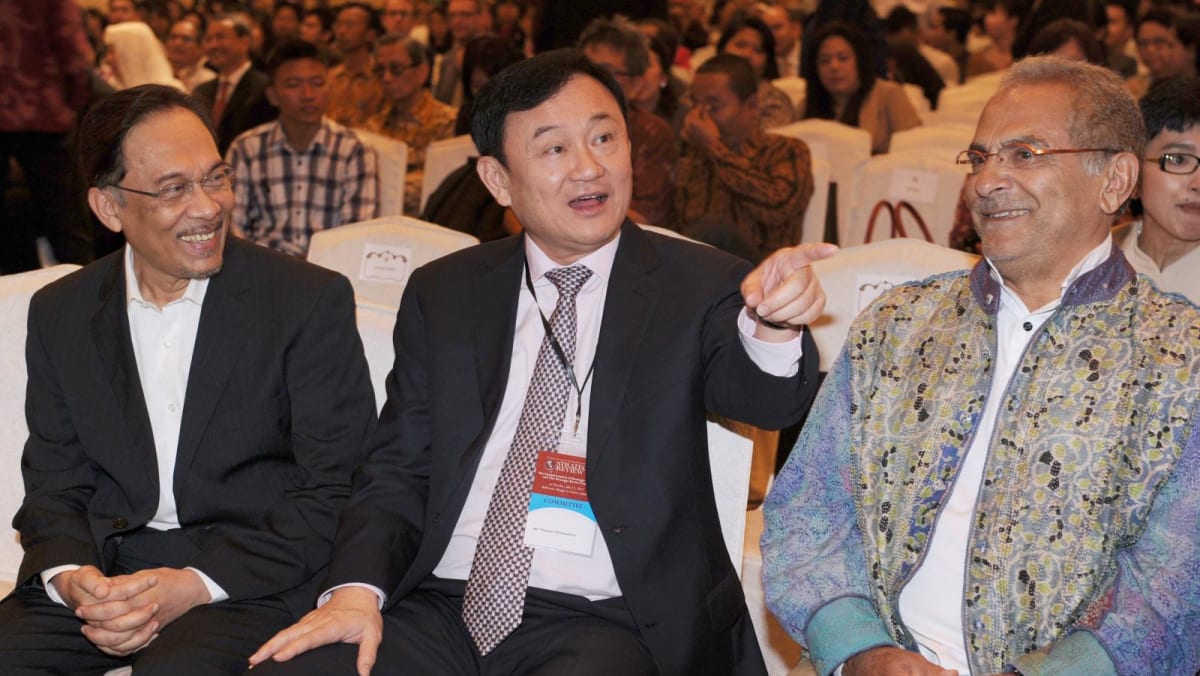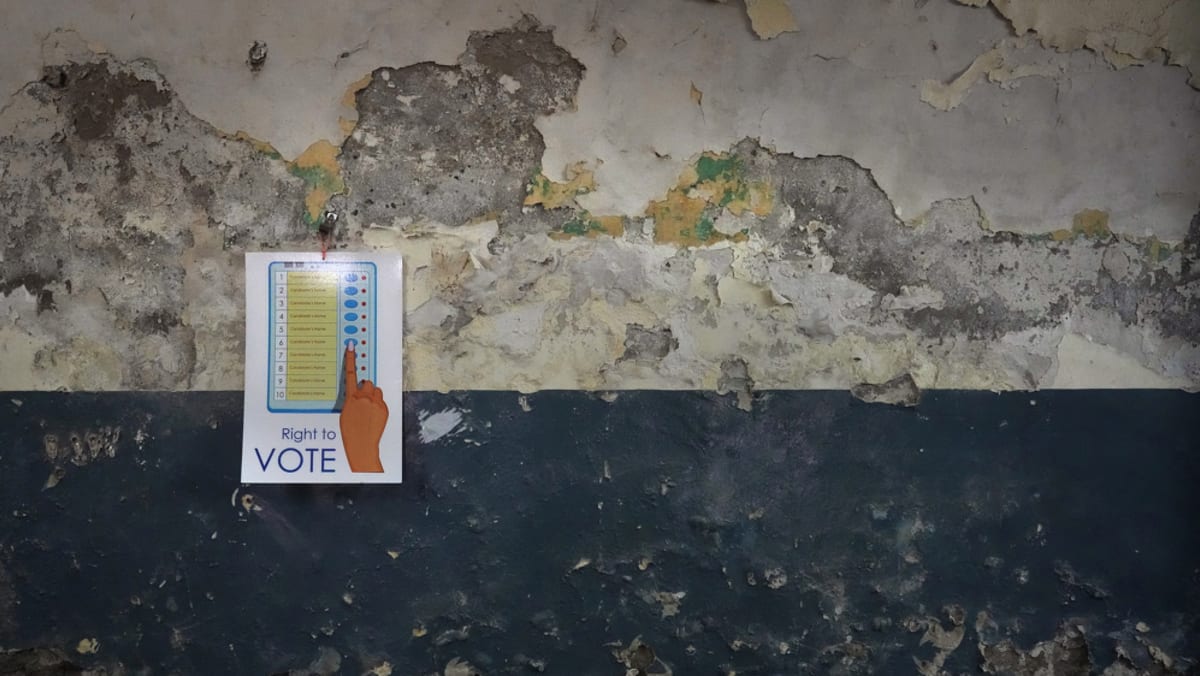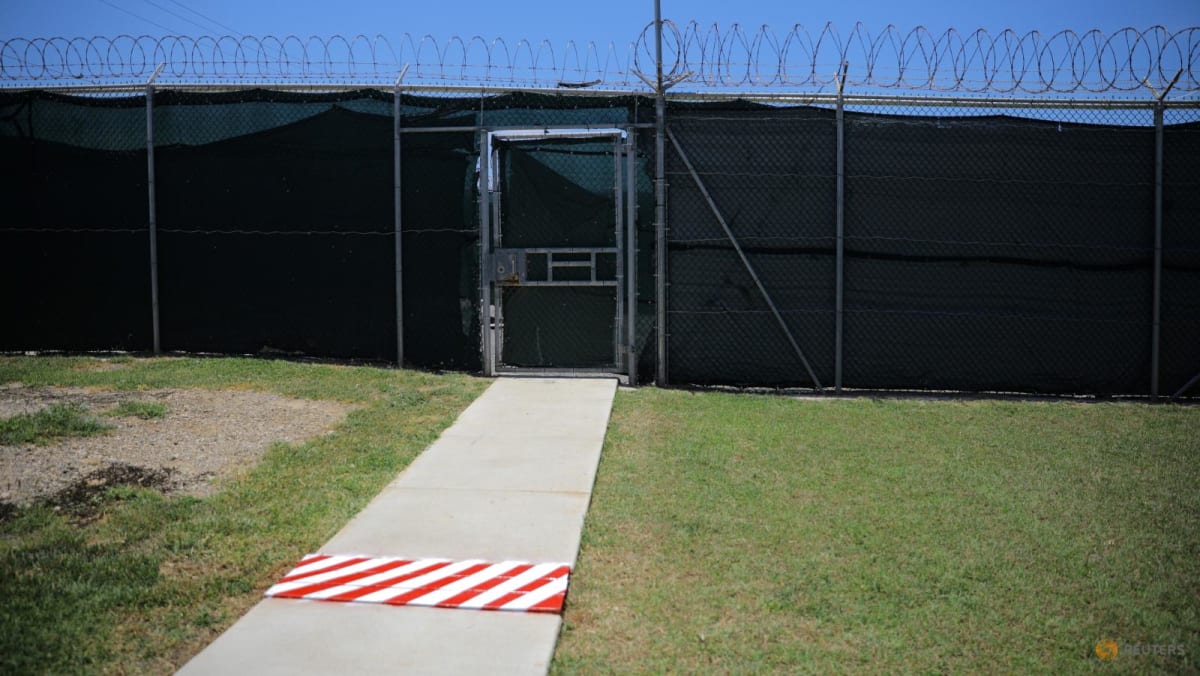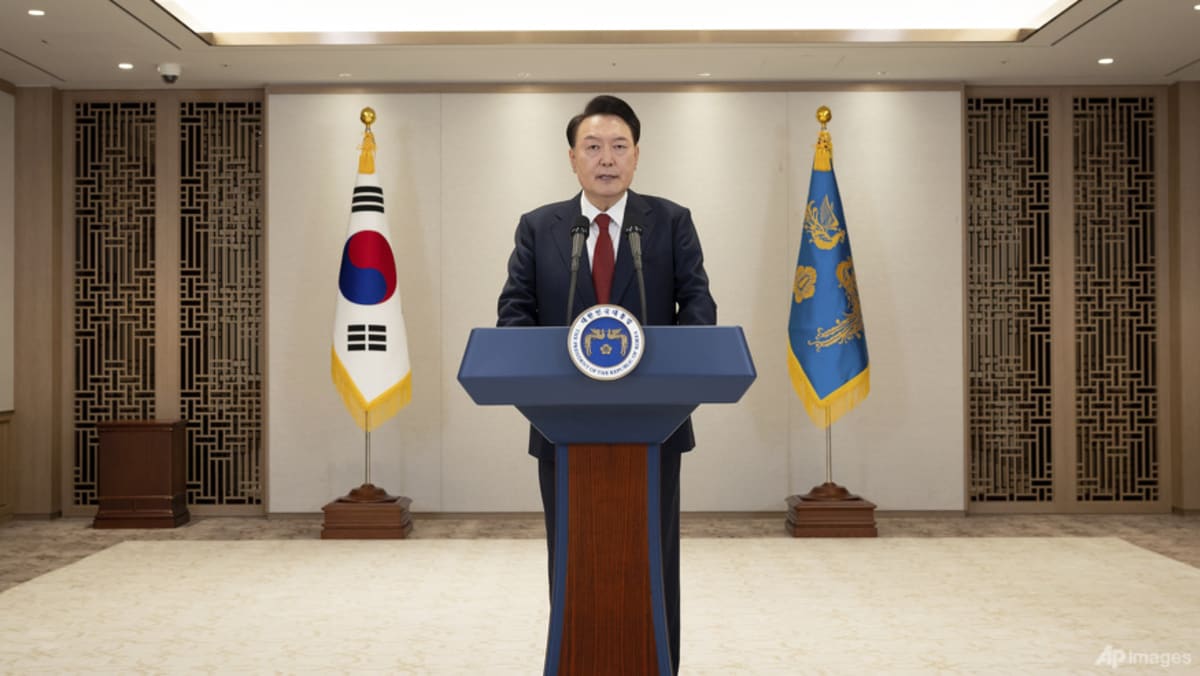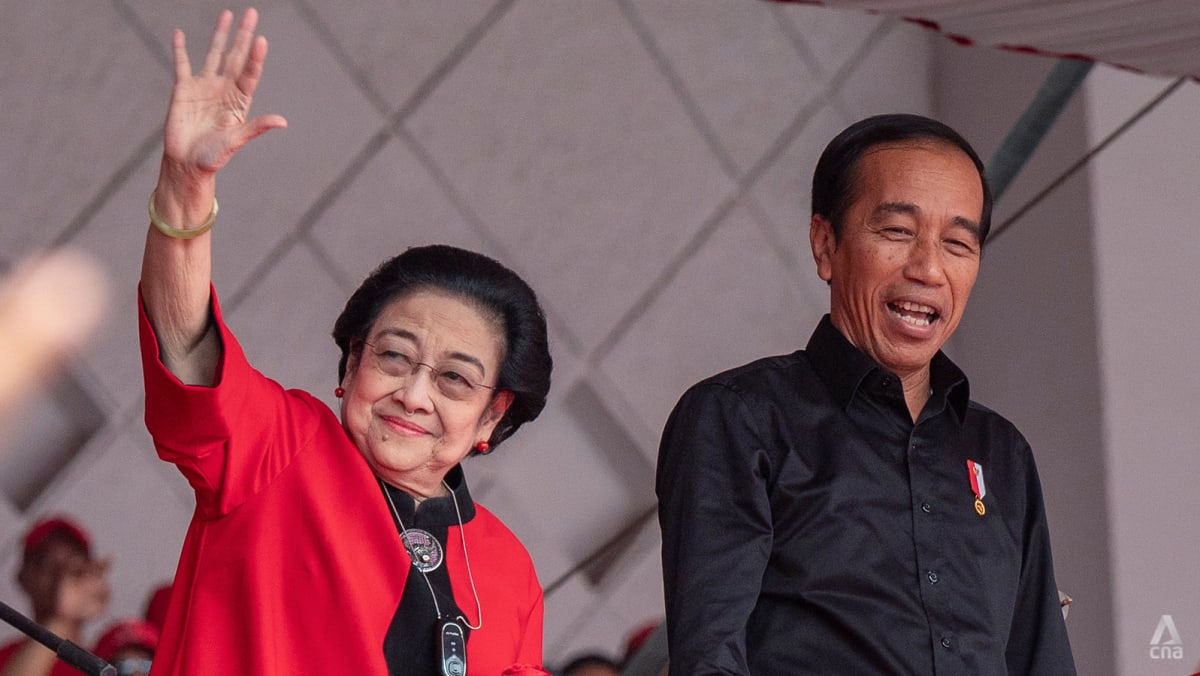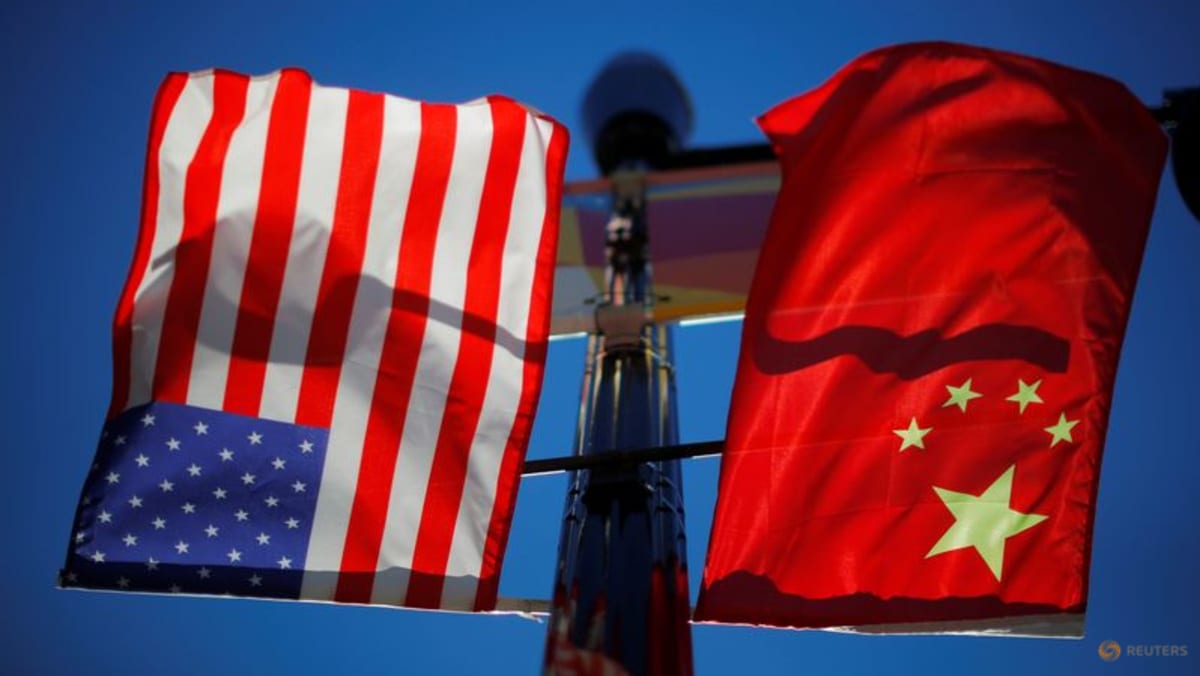South Korea says it respects IAEA approval of Fukushima water release

About 80 per cent of respondents in South Korea expressed concern about the release in a recent survey by Gallup Korea.
That planned release has triggered panic-buying of salt in South Korea, based on fears that the Fukushima water would pollute the ocean and also the salt sourced from seawater.
A local e-commerce site reported an 800 per cent increase in salt purchases week-on-week in June around the time Japan announced its Fukushima water release plan.
South Korea’s government is in the process of releasing up to 400 tons of sea salt from state reserves to stabilise the market.
There have also been regular public protests against the move, including one on Wednesday outside the Japanese Embassy in Seoul.
Some opposition lawmakers have even gone on hunger strikes to protest the release.
Several of the reactors at the Fukushima Daiichi plant went into meltdown after cooling systems were overwhelmed by a massive 2011 tsunami.
The resulting nuclear accident was the worst since Chernobyl, and the clean-up has lasted more than a decade, with most areas declared off-limits due to radiation now reopened.
Decommissioning the plant itself will take decades more, but the facility’s operator TEPCO faces the immediate problem of more than 1.33 million cubic metres of water accumulated on the site.
The water is a mixture of groundwater, rain that seeps into the area, and water used for cooling.
South Korea’s stance on the release of that water contrasts that of China, which has expressed “regret” over the IAEA endorsement.
Since taking power last year, South Korean President Yoon Suk Yeol has sought to bury the historical hatchet with Japan on issues including wartime forced labour as he seeks closer regional security cooperation in the face of rising nuclear threats from North Korea.
Source: CNA




